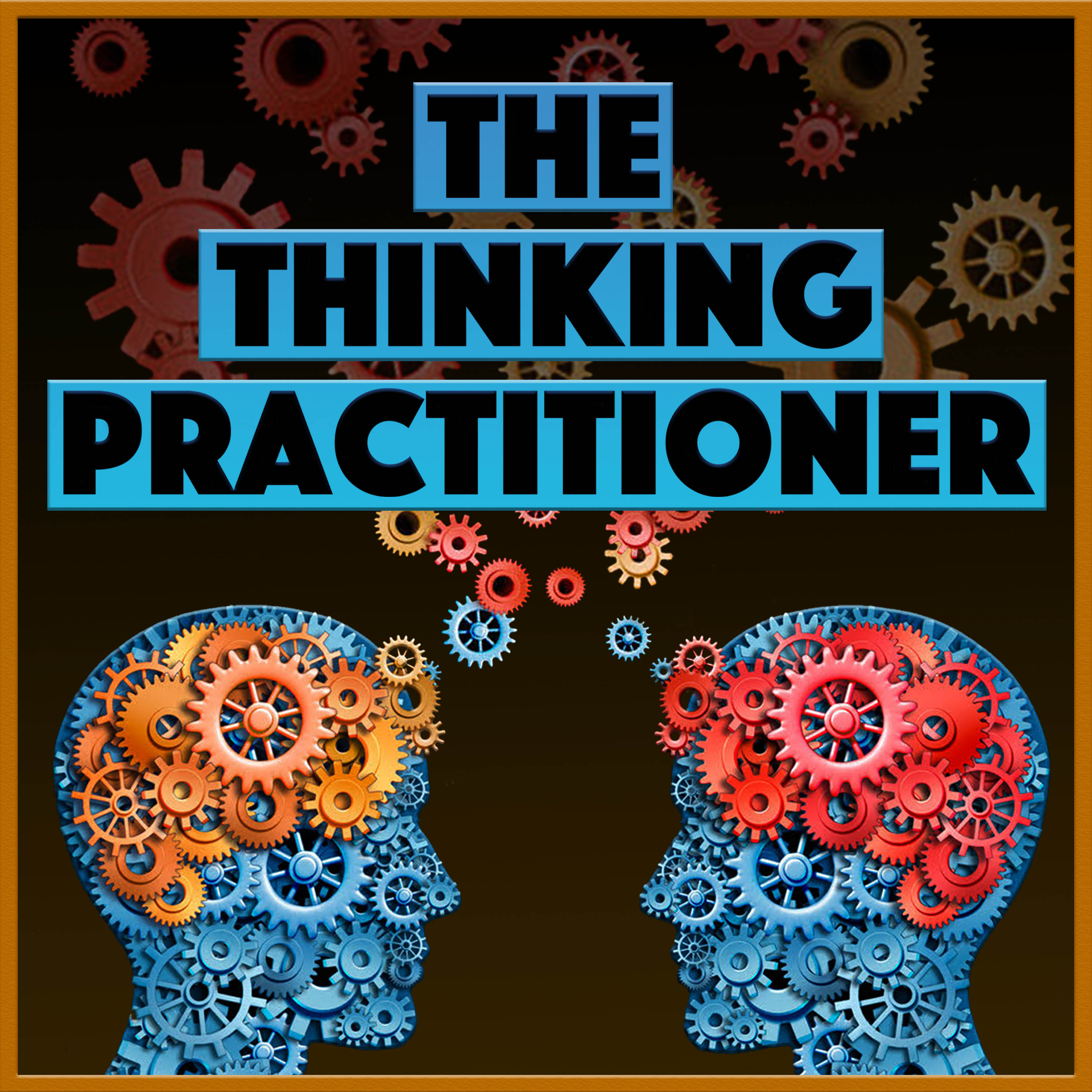132: Bodywork and Grief (with Ronna Moore)
Description
In this episode, we delve into the intersection of massage therapy, grief, caretaking, and end-of-life. We touch on global palliative care practices, the role of touch in support for those experiencing grief, navigating sensitive conversations, and creating safe spaces for clients. Our guest, Ronna Moore, a massage therapist with over 40 years of experience, specializes in oncology and palliative care, and is pursuing a doctorate in public health focusing on the role of massage therapy in palliative care. Join us to gain insights into shifting therapeutic mindsets and exploring practical resources to support those experiencing loss.
Key Topics
01:19 Guest Introduction and Personal Connection
02:08 Exploring Grief and Loss in Massage Therapy
03:43 Understanding Palliative Care
05:22 Palliative Care Practices in Different Countries
23:16 The Role of Touch in Therapy
35:18 Role-Playing Therapeutic Conversations
36:46 Navigating Grief in Therapy
37:48 The Importance of Sensitivity
38:10 Avoiding Unhelpful Phrases
39:12 The Paradox of Comfort
40:15 Shifting the Therapist Mindset
47:05 Creating a Safe Space
50:01 Understanding Grief Models
54:46 Resources and Final Thoughts
Get the full transcript at Til or Whitney's sites!
Whitney Lowe’s site: AcademyOfClinicalMassage.com
Til Luchau’s site: Advanced-Trainings.com
Resources mentioned in this episode:
Ronna's grief recommendations:
Frank Osteseski’s book The Five Intentions is a really valuable guide/resource for me in palliative care and its ‘aftermath'.
I also appreciate Ronald Epstein’s book: Attending: Medicine, Mindfulness and Humanity
Mary-Frances O’Connor: The Grieving Brain: The Surprising Science of How We Learn from Love and Loss
Mary-Frances O’Connor: The Grieving Body (to be published in 2025)
George Bonnano: The Other Side of Sadness AND George Bonnano: The End of Trauma (both of these have a resilience orientation which appeals to me).
TED talk by Abraham Vergehese emphasising the humanity of care.
Articles:
https://psycnet.apa.org/record/2018-26629-017. (A polyvagal approach)
O’Connor, M.-F. (2019). Grief: A Brief History of Research on How Body, Mind, and Brain Adapt. Psychosomatic Medicine, 81(8), 731–738. https://doi.org/10.1097/PSY.0000000000000717
O’Connor, M.-F., & Seeley, S. H. (2022). Grieving as a form of learning: Insights from neuroscience applied to grief and loss. Current Opinion in Psychology, 43, 317–322. https://doi.org/10.1016/j.copsyc.2021.08.019
In Australia, we have a professional body called Grief Australia which is a great resource for PD/education (amongst other things). Perhaps there is something similar in the US.
https://www.caresearch.com.au/Portals/20/Documents/Health-Professionals/TheRoleOfSkilledCompassionateTouchInGriefSupport_RonnaMoore_ACGBConference2018-1.pdf
What's Your Grief (you have already) has some good descriptions of the models of grief I mentioned (Dual Process Model and Growing around Grief), and there are others as well.
Compassion Cultivation Training: https://med.stanford.edu/psychiatry/education/cme/cct.html
Mindful Self Compassion: https://centerformsc.org
Sponsor Offers:
Books of Discovery: save 15% by entering "thinking" at checkout on booksofdiscovery.com.
ABMP: save $24 on new membership at abmp.com/thinking.
Advanced-Trainings: try a month of the amazing A-T Subscription free by entering “thinking” at checkout at a-t.tv/subscriptions/,.
Academy of Clinical Massage: Grab Whitney's valuable Assessment Cheat Sheet for free at: academyofclinicalmassage.com/cheatsheet
About Whitney Lowe | About Til Luchau | Email Us: [email protected]
(The Thinking Practitioner Podcast is intended for professional practitioners of manual and movement therapies: bodywork, massage therapy, structural integration, chiropractic, myofascial and myotherapy, orthopedic, sports massage, physical therapy, osteopathy, yoga, strength and conditioning, and similar
More Episodes
Published 11/27/24
In this episode Til Luchau interviews Bronnie Lennox Thompson, a pain management expert from the University of Otago in New Zealand. Bronnie shares insights on supporting people with chronic pain to live well, emphasizing pain’s complexity as a personal, multi-dimensional experience. They discuss...
Published 11/13/24
Joon Park, author of "As Long as You Need" discusses grief and its impact on bodyworkers and their clients with Til Luchau. Park, a hospital chaplain, shares his experiences with grief, trauma, and the importance of acknowledging and integrating pain rather than suppressing it. He emphasizes the...
Published 10/30/24


